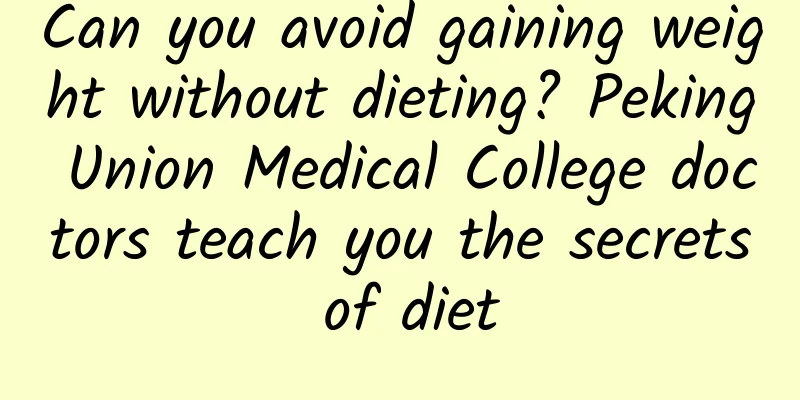How to take care of yourself after hysterectomy?

|
When it comes to the harm of uterine fibroids to health, most people may not know much about it. In everyone's impression, uterine fibroids are just a small tumor growing on the uterus and can be removed. In fact, this is not the case. If uterine fibroids are not treated and maintained effectively, then some complications are likely to occur. Let’s take a look at the maintenance matters after hysterectomy. The most important thing in diet after hysterectomy is to avoid spicy food, alcohol, frozen food, etc. The diet should be light, and avoid eating irritating foods such as mutton, shrimp, crab, eel, salted fish, and black fish. Avoid spicy foods and drinks such as chili peppers, peppercorns, raw onions, raw garlic, and white wine. Avoid eating foods that are hot, coagulant, or contain hormones, such as longan, red dates, donkey-hide gelatin, and royal jelly. If you have anemia, eat more foods high in iron, such as pork liver, black sesame, grapes, seaweed, wolfberry, shiitake mushrooms, etc. Avoid greasy foods. Eating too much greasy food will lead to fat accumulation, making wounds difficult to heal and weakening resistance to bacteria. After surgery, patients should increase their protein intake. Foods such as fish, meat, beans, eggs, and milk are rich in protein, which can help wound healing and increase physical strength. In terms of meat, patients can choose more fish because fish is easier to digest and absorb, but remember to eat the meat and not just drink the soup. In addition, eat an appropriate amount of vegetables and fruits. Because vegetables and fruits are rich in vitamins and minerals, they can help patients heal their wounds and increase their body's resistance. At the same time, pay attention to drinking more water and avoid eating foods that easily cause bloating, such as onions, cabbage, sweet olives, soy products, etc. Drink plenty of water. Drink 2000-3000cc of water every day to prevent constipation. Do not eat foods that easily cause bloating: such as onions, cabbage, olives, soy products, etc. Eat at regular times and in regular amounts, and do not overeat. To sum up, for patients who have had their uterus removed, they must pay attention to a low-fat diet and eat more fresh fruits and vegetables, lean meat, eggs, etc. Some dried fruits rich in vitamins and minerals are also beneficial to the recovery of the disease and can be eaten often. In addition to diet, the role of pleasant emotions in disease cannot be ignored. |
<<: How to take care of yourself after hysterectomy?
>>: How to take care of yourself after hysterectomy?
Recommend
Is it easy for cuttings of gardenia to survive? What should be paid attention to when cutting gardenia?
Gardenia is very common in life. Many flower love...
How many days of danger period can there be after amniocentesis
When a woman becomes pregnant, she must undergo s...
What can pregnant women eat if their blood sugar is high?
Pregnant women are more prone to high blood sugar...
How many days after incisional pregnancy surgery is it possible to be discharged from the hospital
Incisional pregnancy is a medical term. To put it...
How much is a Lawson Halloween Pumpkin Brûlée Cup? Is the Lawson Pumpkin Brûlée Cup delicious? How does it taste?
We all know that Lawson launches many new dessert...
What are the legal infectious diseases in China? How are they classified?
Recently, the National Health Commission issued a...
Women's breast massage
As a woman, I know that what makes me most attrac...
Does irregular menstruation affect pregnancy? Gynecologists explain the answer
Menstrual irregularities are very common. Some pe...
Brown discharge after pregnancy
Many gynecologists will tell pregnant mothers tha...
Why does a woman's belly button smell?
The belly button is a place where dirt can easily...
Can I take contraceptive pills during breastfeeding?
Many female friends are in the breastfeeding peri...
What can quickly enlarge breasts?
Breast enhancement has always been a topic of con...
The dangers of removing uterine fibroids
Uterine fibroids are a relatively common benign g...
Pregnancy hand swelling
When a pregnant woman is pregnant, as the pregnan...
What brand is Zhuge Dali's watch in Love Apartment 5? What is the price of Zhuge Dali's watch?
Zhuge Dali in Love Apartment 5 is so outstanding!...









